#Half a degree
Explore tagged Tumblr posts
Note
Nightmare realm prom is sort of sad if you think of it as Bill trying to do the things he isn't able to for one reason or another. (in this instance, he never reached highschool, and whatever school he might've been to is ashes by now) it would be heartwarming to see him have that experience if it wasn't for the fact he's evil, learned nothing, and also 300 people died.
HEY ANON, I love this thank you. But also AUGH
#Asks#Anonymous#He never reached high school :(#Also who says a little death and chaos can't be heartwarming? ...To a degree#Maybe just one degree#Half a degree#Listen; the little man gets to go to the prom he never got to go to back in Euclydia and that has to count for SOMETHING
3 notes
·
View notes
Text





Dolores Dei web weaving / art history connections
#disco elysium#dolores dei#de web weaving#using my Actual Art Degree for its purpose: making posts on tumblr dot com#its kinda half-assed compared to other web weaving posts but it is what it is#christians dont source their art it was so difficult to find a Our lady of sorrow image with a title. i still dont know the artist
1K notes
·
View notes
Text
Prompt 271
“Grandmother is visiting,” Damian suddenly said with no warning and with his usual not-quite demanding tone.
“Who?” Tim wasn’t the only one to startle, seeing as Bruce had practically froze, a downturn to his lips in a silent show of confusion.
Damian scowled. “Are you deaf Drake? Grandmother is coming to Gotham to, quote, make sure I am being properly cared for.” None of them had known that Ras was with anyone actually. At least Tim was pretty sure that would have been in the files.
“Oh?” Dick didn’t quite crouch to Damian’s height but it was a near thing. “She-” “He,” Damian corrected, interrupting him. They all exchanged a glance before Dick continued.
“Is he coming to the Manor or…”
Damian scoffed again, a tiny bit of a flush against his face. “No, Grandmother will most likely be staying with Akhi-”
Now wait one moment-
“YOU HAVE ANOTHER BROTHER?!”
#DCxDP#DPxDC#Prompts#Deadly Decisions#Danny & Ras are the homoerotic rivals that no one knows if they’re flirting or attempting a murder#It’s actually both they’re just also both Immortal#Danny to Jason: You can become a crime lord if you finish college- you’ve said you wanted to get a degree this is ur chance#Dusan (nodding): Mother has made all of us finish at least our basic education nephew#Why yes this does mean that RH has just made the heads in a duffel bag debut & the bats have no clue it’s Jason#Normally Danny wanders the universe but RAS (affectionately derogatory) HOW DARE U TRY TO HIDE THE GRANDCHILDREN#Morally Gray Danny#He’s well over 300 and that has an affect lol#Also has some fun fae vibes thx to his ghost half & human half finally balancing out#Let Jason & Damian be brothers#Tiny Damian: Akhi look I found a frog :>#Jason (newly not brain damaged & has no clue who this small child is): …. That’s great#Tiny Damian: *GASP* Akhi you can talk now :D#Fuck it- all the Al Ghuls deserve fangs from ecto contamination#Is Danny actually Dusan & Talia’s mother? No one knows and no one wants to ask the probably immortal fae being okay#Danny brought Damian a ghost hound puppy & Jason an original signed Pride & Prejudice book#How come Bruce wasn’t aware of Danyal? Talia forgot to inform him that the mother she was speaking of is in fact still alive#He disappears for a decade sometimes longer she was using past terms how was he supposed to know
3K notes
·
View notes
Text

The Sweater Season is now in full swing
#global warming is real#it's been like 24°C(≈72°F) for like a month#which is totally off#should be like dropped to 10 degrees by now#people are wearing half sleeve t-shirts and it's not normal in November here#we should be wearing coats rn#we're not even getting autumn leaves yet#thank God that's gonna change next week...#karly draws#trigun#trigun stampede#vash the stampede
425 notes
·
View notes
Text


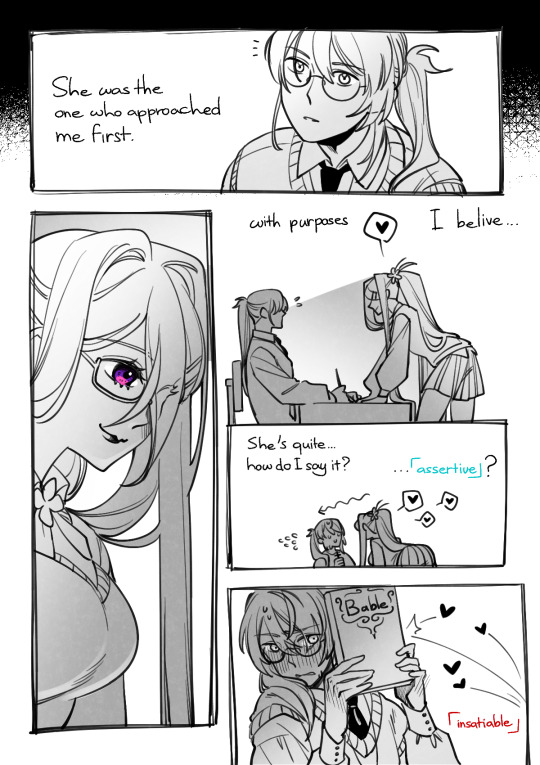


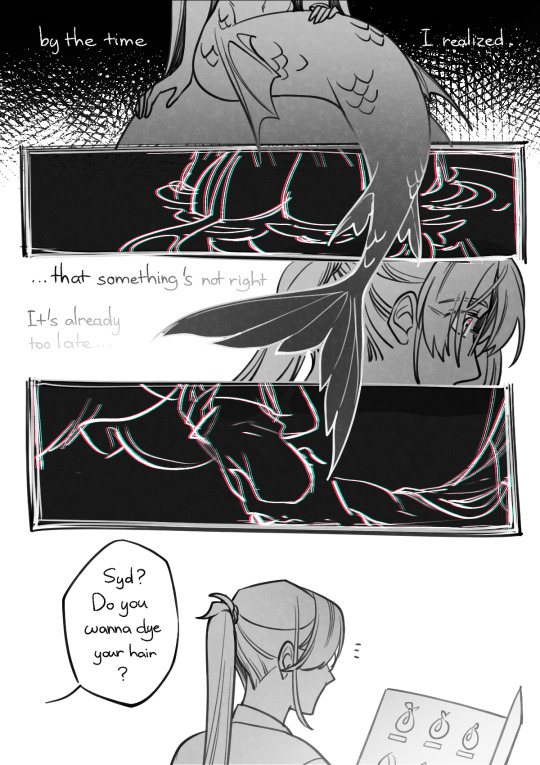
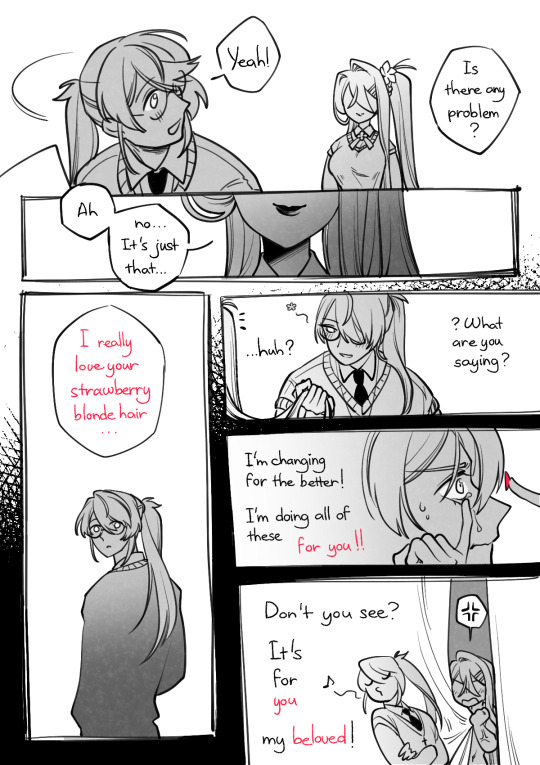
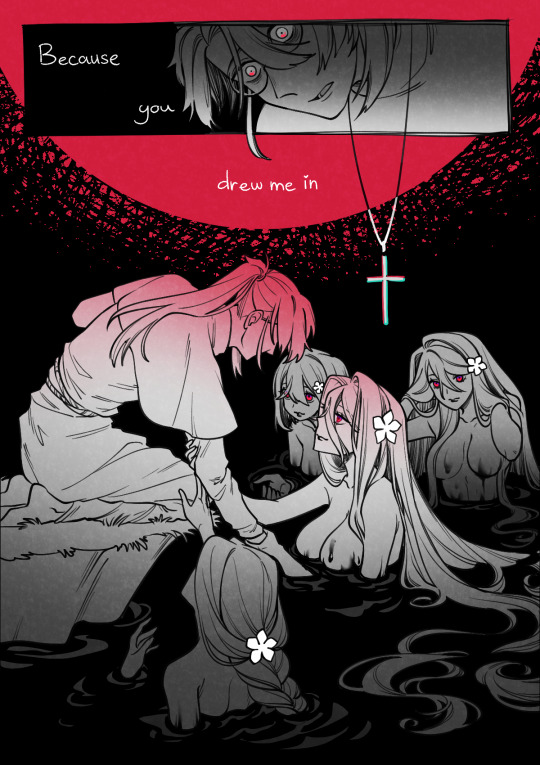
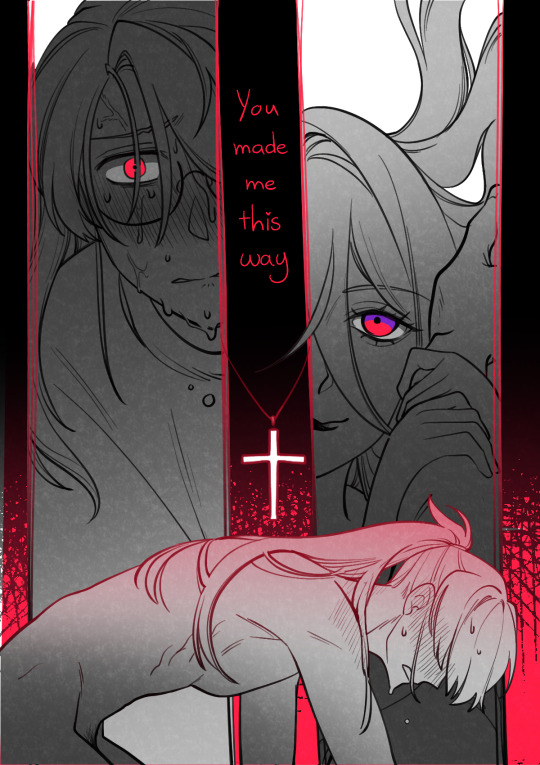
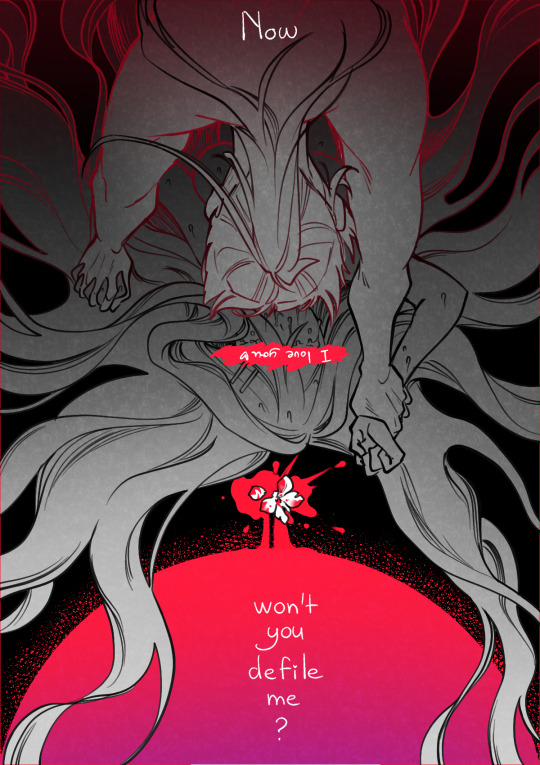
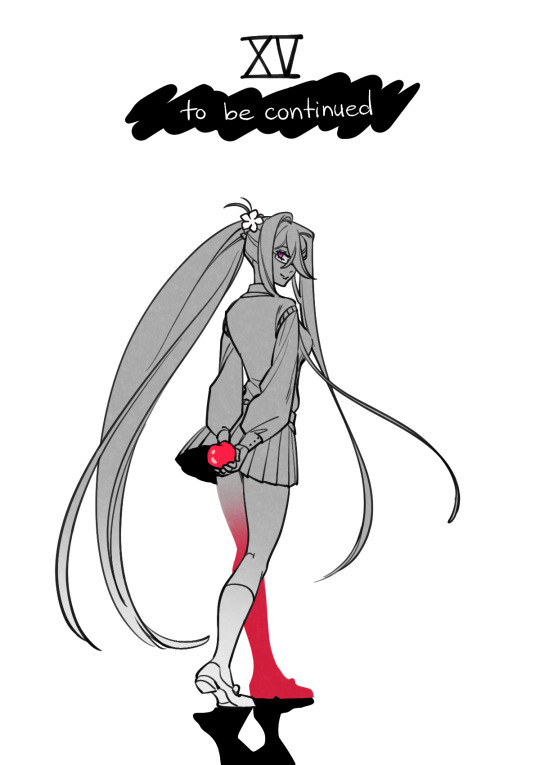
Once upon a time... Reference: Hylas and The Nymphs by John William Waterhouse
#DoL: Other's stories#No beta we die like Ivory Wraith#disclaimer: this is the POV of the “Sydney” from my town#We might know different “Sydneys”#This took me one entire day and another half to complete it wans't supposed to be this long??#degrees of lewdity#dol pc#dol sydney#sydney the faithful#sydney the fallen#dollya art#dol#To be continued? what was I thinking? Why do my train of thoughts keep getting longer??
3K notes
·
View notes
Text
beyond evil (2021) occupies a very interesting space in the larger expanse of crime shows. like, it is a Cop Show. it is undeniably a Cop Show even if the two main characters, who are both cops for very different reasons, are handled with significantly greater awareness and intention than usual.
it is also, impressively, a show that pierces the real ugly rot of 1) police corruption and its overlap with capitalism 2) atrocious real-life lawmaking 3) the poor handling of femicide in stories. i cannot express how abruptly shocked i was to discover that i did not hate the way this show was carrying itself, despite its crime drama genre, narrative about two homoerotic cops, and its murder mystery premise featuring a plot about a serial killer with solely female victims. here is a story that understands its purpose and is so clear-eyed about it that i did in fact tentatively suspend all my wariness about Cop Shows to watch it—and what i got was a scathing response to every serial killer and true crime documentary out there. a narrative that said: enough. enough. look at the way grief rots people from the inside out. look at the way loss ruins lives. do not forget the sufferings of the innocent.
far too many crime dramas possess an incredibly dehumanizing analytical tone to them that goes, “what if these poor women died in brutal gruesome tragic ways? anyway, look at these men and their heroic journey for justice!” it’s why i can’t fucking stand to watch them for the sake of my blood pressure. while beyond evil is not exempt from using such gruesomeness as a part of its horror aspect, the women in this show, particularly the women who were murdered, occupy such a heavy weight over the narrative that it is impossible to reduce them to what they’re usually reduced to: numbers in files, or cold cases. and because the purpose of beyond evil is to examine the ways grief and loss bring about destruction to people’s lives and communities, these women cannot be seen as numbers. they need to be vivid and real; the audience needs to feel their loss as deeply and gnawingly as the townspeople do. as we would in real life.
personally i’m still surprised at myself for liking a Cop Show this much—because the law enforcement sympathy is unavoidable in a cop show—but then i’m also shocked at how immediately this show establishes its awareness of police power. i don’t mean it gives a passing nod, like a brief disclaimer. i mean that you watch until the end and you’re like: oh! the entire fucking show is about police power and its consequences! this entire goddamn show is about cops’ potential for harm and how it destroys lives! the main character only ever became a cop out of desperation because he realized it would protect him from suffering further at the hands of the police. because he realized it was the only way for him to get access to both the information and the legal power needed to take his own steps to solve his sister’s murder. it’s not radical—it’s a cop show. but it is novel. a cop whose relationship with his own occupation is bitterly resigned at best and traumatic at worst.
this is far from an original thought, but truly i think what makes beyond evil worth watching is that it is so incredibly careful with itself. its meta awareness of its own genre heightens it to a tier above other crime dramas—it knows and rejects voyeuristic perspectives into the lives of people who’ve suffered real loss and tragedy, and so it makes the loss inescapable. every direction you look, someone’s life has been irrevocably altered by the murders you learn about in the story. it gives you no space to push away the murder—no, you need to sit directly in its field of impact. all the fucking time. you are not watching the town suffer, you’re suffering with the town. the story sucks you in and makes you live alongside the rest of them; it's why the first watch hurts so raw. because the story refuses to let you take a true-crime approach. because it refuses to prioritize the narratives of perpetrators over human lives. you are there, and you are hurting.
man. really, if you're going to watch anything, watch this.
#really the homoeroticism is a bonus. but it's also not so much a bonus because it's not half-assed#the show does not run on its homoeroticism bc that is not what it wants to do. but the show DOES emphasize the degree#to which these two men mean something to each other. emotionally and thematically. their relationship development is woven in beautifully#beyond evil#kdrama#lee dongsik#han juwon#sheng says stuff
887 notes
·
View notes
Text
I accidentally recorded slo-mo of our Great Dane puppy in the snow.
Some of it is genuinely pretty cute.

The ending, though?
…well, here's your found footage horror movie.
Sound on. Trust me, sound on.
–Colin
#after half an hour out in 22-degree weather#once we got back in#she pouted because she had to be warm and cozy again
185 notes
·
View notes
Text

some business to take care of
#i was tempted to caption this as she was a skater boy and she was also another skater boy but#duck scribbles#midoyuzu#enstars#whats up guys im being embarrassing again on main#been wanting a new phone wallpaper and this was born. its the lesbian version though im not showing that#midori takamine#yuzuru fushimi#yuzumido#ensemble stars#also have additional doodles that r kind of corny and im too ashamed to add into the main post so i might add on a reblog or maybe not#midterms were so awful i had to keep reminding myself i can go ham drawing whatever i want once im done. and naturally its this#anyways ive always liked midos city rider fit it suits her so well#always wanted to find a good one to pair w it and the wink killer 2nd half xscout was toooo good i was inspired immediately#finally could use this good ref pic ive had saved since forever i need to draw backgrounds more too it was rather fun somehow#mental state has been yoyoing an insane degree lately like come on i dont need to be reminded i am a useless hunk of meat every other day#with nothing good going for them. college is amazing at reminding me of such god bless#i have bad tendencies to self isolate behind the excuse of concentrating that i am trying to fix . but its hard to get back when i do#not to mention the entire Big Event happening over in good ol amerika serikat!!! my apathy is naturally immense#but whats some peace of mind here and there idk. im gonna read yuri
374 notes
·
View notes
Text

harper m.d. (2004)
#original post#tentacle draws#harper#harper the doctor#dol#dol game#degrees of lewdity game#degrees of lewdity#the time it took to draw this was three and a half episodes of house :)#harper is only ever described as having a blond fringe which i can choose to interpret as ONLY their fringe being blond i think.#because i can do what i want. and its cute. rule of cute means anything goes
185 notes
·
View notes
Text
thinking about this one authors note that i read on a fanfic awhile ago that was like "hey guys pls leave feedback i hate when people write stuff like 'the older man' or 'the englishman' or stuff like that to refer to people but idk how to not do that" like. just write their names. they're their names. no rules against using them a million times.
#and while were at it use said as many times as you want#sincerely#a person with not one but two and a half writing degrees#not a tag#from saph#anyway not to be mean at all even remotely#but reading things like this makes it read like journalism and i dont want to feel like theres new york times in my fanfic thats just :/
542 notes
·
View notes
Text
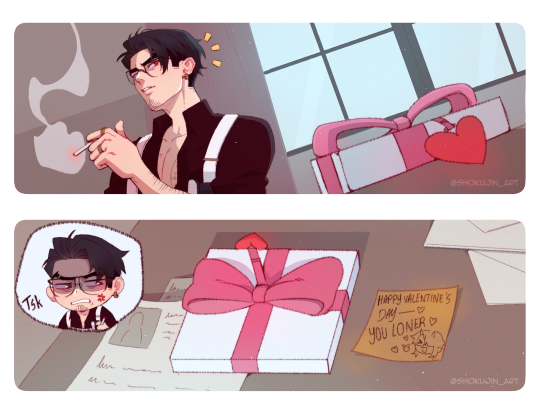
Also don't forget to give some love to the old man 💖👌 ~
#dol#degrees of lewdity#dol bailey#bailey the caretaker#myart#Annoyed old grump#gonna tear in half the post it and just eat the chocolates without thinking too much about it#sdflkjg
685 notes
·
View notes
Text
In my early twenties I know more theology than most men in the churches I've attended who are twice my age. This isn't a boast, I am no scholar. I say this in abject horror and despair.
#i know more theology than half of the sunday school teachers i know...#i don't have a degree and i haven't studied it in a university#i am not someone who reads theology endlessly#i'm actually pretty lazy about it--to my shame#and yet i know more about church history and more about the core beliefs of our faith than most of the men in positions of authority#it makes me kind of sick
1K notes
·
View notes
Text



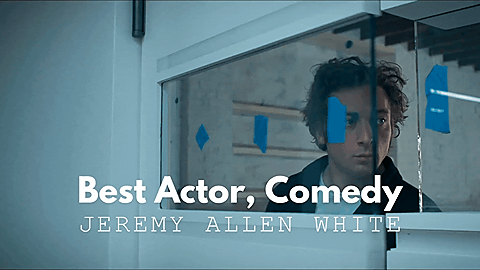
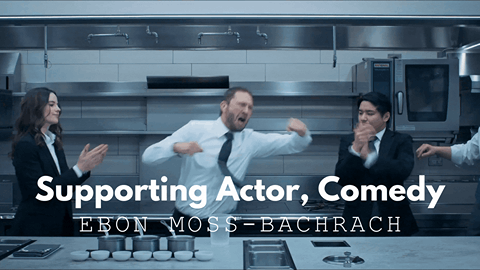

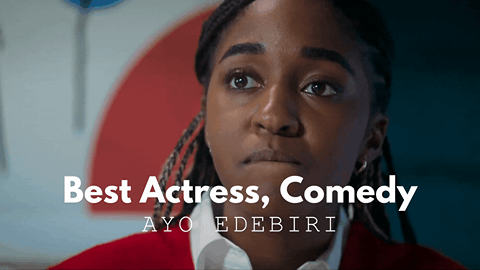
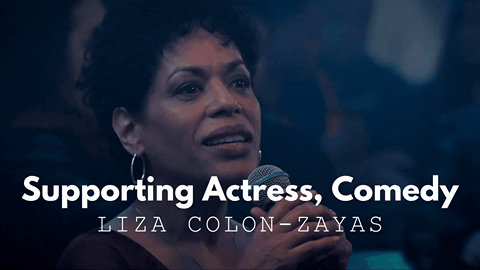


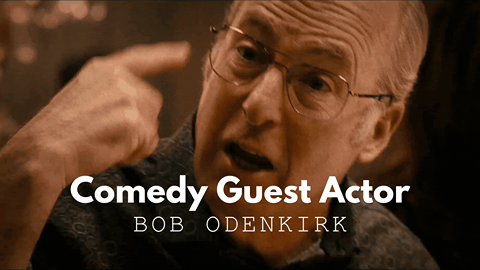


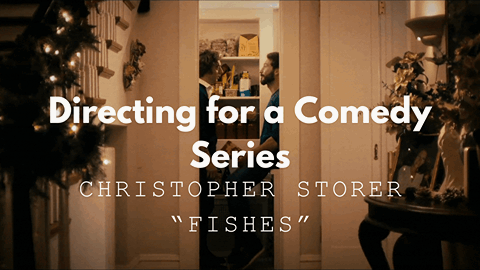


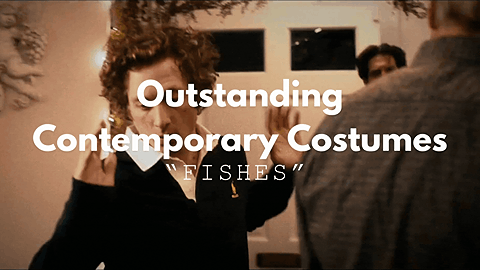
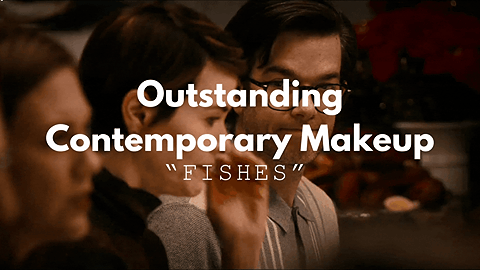

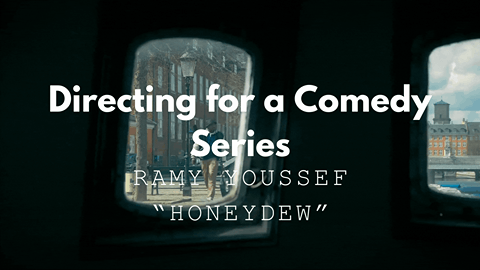

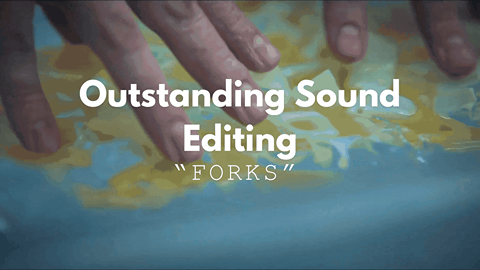


Congratulations to the cast and crew of "The Bear," for a record-breaking 23 Emmy nominations!
THE BEAR — Season 2
#the bear#the bear season two#emmy awards#jeremy allen white#ayo edebiri#lionel boyce#ebon moss bachrach#liza colón zayas#olivia colman#jamie lee curtis#bob odenkirk#jon bernthal#will poulter#christopher storer#congratulations!!#the bear season 2 breaking the record for most emmy nominations for a comedy at once it's what she deserves#the bear fx#the bear season 2 my beloved#peak television i'm not even kidding#just hit after hit!#nine nominations for “Fishes” alone#“Honeydew” and “Forks” still two of the best episodes in the history of american tv#also while making this gif set I lost track of the number of times richie and carmy call each other “cousin” in season 2#when they are in the same scene it is nearly incessant#half of their conversation is just “cousin” with varying degrees of intensity and inflection#i'm going to spontaneously combust!
176 notes
·
View notes
Text
British people: these avocados must go they're past their prime please won't someone eat them

The avocados:
#British stores label avocados as ripe or not because people don't know how to tell by picking one up with their hands#these labels are almost always incorrect btw#we stayed with my in-laws for passover one year and I brought a bunch of avocados that were varying degrees of ripe so I could#have avocado on matzah for breakfast each day#and my mother in law just looked at the stickers saying they were ripe and freaked out that they were going to go bad and had to be eaten#and just served them to everyone for lunch on like day 2#without asking me!#I was so mad#half of them were decidely not ripe yet#for context: I have digestive issues and brought a lot of my own food to accommodate for it so she didn't have to#and you know how she served them? cut in half#on a plate#with a spoon#no salt no dressing no anything just eat half an avocado with a spoon#we went out and bought a bunch more the next day and I showed her how to tell which ones are ripe but I'm a salty bitch and I'm still mad#it's been like 3 years#also if one more Brit tells me they've made guacamole only to serve me a bowl of mashed avocado that saw a grain of salt once from a train#I will lose it
175 notes
·
View notes
Note
What are your thoughts on gender in the wizarding world? Do you think there’s a strong patriarchy, and if so how do you think it formed?
I feel wobbly about how powerful patriarchy would be in the wizarding world before answering this question. let's see what conclusion i come to lol
table of contents—you could skip to gender in the text if you don't want the connections to the real world and don't need the foundational ideology of my argument
1: where did patriarchy originate in the real western world? & what assumptions am I working off of?
2: gender in late medieval and early modern england & western europe
3: gender in the text 3.1: younger women 3.2: older women
4. conclusions
1. where did patriarchy originate in the real western world? & what assumptions am I working off of?
mona eltahawy called patriarchy "the oldest form of occupation", speaking to the way women & people classed as women (or gender deviant or ungendered) are treated as commodities to own. this BBC article argues that patriarchy was created as a way for the proto-state to leverage control over the population. the enforced social roles of males soldiers & female reproducers made groups bigger & more powerful.
I will take the article's assertion (it's very well sourced) that one of the first instances of patriarchy developing starts about 5,000 ago in Mesopotamia, when records show women disappearing from public life, at face value. then, ofc, in the mediterranean world we "soon" after see the Mycenaeans & Greeks & Romans, in that order, develop, all of which had patriarchal societies—tho to different extents.
as I have stated previously, the wizarding world loves Greek & Roman shit, as does the real western world (and we have! for centuries!). I like to consider their cultural norms, especially as they were interpreted during the Renaissance, when thinking about wizarding culture.
so, yes, the WW is patriarchal, since for at least 1,500 years, but probably more like 4,800 years. and for most of that time there was no wizarding world, just the World, and the WW had the same histories as the muggle world.
2. gender in late medieval and early modern england & western europe
so sorry, you've unlocked an info dump cutscene. it can be skipped.
I want you to imagine the traditional gender roles for men and women in western society. write them down, even. what should women be like? what is the inherent nature of women, if one exists, according to traditionalists? according to society at large? according to you?
in early modern england there was a HUGE shift in the perception of women and gender roles.
in "'The Good and Bad of that Sexe': Monstrosity and Womanhood in Early Modern England," by Alletta Brenner, the epistemological history of womanhood in the middle of the sixteenth to the end of the 17th centuries, is analyzed.
epistemology is about the study of knowledge, so think intellectual history, a history of what ideas and thoughts people are sharing and the patterns of those ideas and thoughts.
long story short: for about 1500 years, western culture regarded women as lesser versions of men, who are the perfect form of humans. male and female were not regarded as opposite, but two versions of the same thing. eve was made from adam’s rib, she’s a knockoff.
“Monstrosity and Womanhood” discusses two cultural differences between then & now that are significant to my argument. 1: people of the middle ages & early modern europe regarded the monstrous as a part of God’s creation, possibly frightening, but not unnatural. 2: women were regarded as too sexually driven, lustful temptresses. this is a stark contrast to the Cult of True Womanhood that we see in the 19th c, submissive, gentle, spiritually included, a soft place for her husband to find comfort in after being in the chaos of the outside world.*
(lily kind of embodies the late middles ages dangers of womanhood & it’s monstrosities in earth after rain.)
so, the answer to “what is a woman?” is changing rapidly right before the WW cuts itself off from the MW. I expect that, since the bio-essentialism of today started in the 19th century, post SoS, there is a significant difference in what the WW settles on.
the changing views on women in the MW are also influenced by and/or create the atmosphere wherein the witch trials are born. midwives and other women who transgressed their gender roles were targeted in the witch trials. the WW reacts to the witch trials by going into hiding (I don't believe this, I think it's part of the WW historical mythos used to uphold their society & it's fucking issues)
*this ideal of womanhood is only accessible by white middle and upper class women. other women are in many ways, monstrous, but they are also degendered.
3. gender in the text
in the books we see multiple examples of sexism, and a large chunk of these examples involve over-sexualization or sexual policing. our entry into WW culture, ron weasley, displays these views multiple times. he does not seem to believe that women are less intellectually or even less physically capable. he also doesn’t have a problem being defended by harry potter or hermione granger, or defending harry or hermione.
3.1 younger women
the threat of love potions is also brought up a few times throughout the books, and they are solely seen as a woman's weapon.
in Goblet of Fire, once skeeter turns on hermione, she asserts in a PUBLIC NEWSPAPER that hermione is possibly using love potions to seduce powerful men (pg 357). this is after harry's friendship with hermione is portrayed, again, in a public paper, as a romance (pg 225). hermione is pretty and smart when she's "with" harry, but when she is associated with a second man, thereby betraying the englishman who must be the hero of skeeter’s stories, she's ugly and smart enough to drug him. mrs. weasley, an adult woman and frequent caretaker of hermione, believes this and is cruel to her, a child.
over sexualization is used as a highly effective weapon against hermione. the WW easily accepts a young woman's sexuality as a threat to the men around her; she is voracious. i'm sure hermione being muggle born does not help.
merope gaunt is also accused, by dumbledore, of drugging tom riddle sr. with a love potion (pg 154 HBP). no evidence is given. we, the reader, are meant to assume the accuracy since dumbledore is making the claim. once again the sexual appetite of a young woman is dangerous. her misdeeds, brought about by choices made clouded with lust, only the short term considered, end up creating a fucking super villain. what's interesting is that this isn't only a belief of the characters in-text, it's the perspective of the author. nonetheless, dumbledore's quickness to blame a young woman's desire for driving her to violence and bringing misfortune, indicates that the sexuality of women in the WW is easily seen as dangerous.
i think this well establishes women's sexuality as a dangerous, insatiable threat in the WW culture. this is clearly a patriarchal ideology. the systematic reinforcement at the nuclear family level becomes clearer when we look at how the weasley brothers treat ginny's sexuality. they, just as men in the MW do, see their sister's sexuality as their business. however, this is not because men are a threat, but because ginny is unrestrained in her expression and exploration of her sexuality. I do not recall anyone ever worrying for ginny’s safety—women are competent and intelligent enough to defend themselves.
here are two instances from HBP where we see the brothers judging their sister and trying to control her sexuality:
fred and george are selling love potions, but not to ginny, because she's used her wiles to collect enough men. ron is also reporting on ginny’s romantic endeavors to their older, of age, brothers (pg 91 HBP). Is this to leverage additional power and to control her? Later in the book ron doesn't want people to see ginny engaging in sexual behavior because of what they might think of his sister (pg 204). being a slut is bad in the WW too. :/
So, the two young women we focus on the most have their sexuality picked apart and policed.
3.2: older women
What of the older women?
There are women in positions of authority in the WW, but most of the women who work and have positions of authority are not mothers in canon. The women with the most authority, mcgonagall, umbridge, arguably amelia bones though she is tertiary, are not mothers and remain, in canon, romantically unattached. pre-fudge there is a woman minister, who i imagine was put into power as a part of the glass cliff phenomenon, when shit hits the fan, women are more likely to be hired to oversee the shit hit everyone, and then be blamed.
Marriage & motherhood remove agency. The important mothers of the series, lily, petunia, narcissa, molly, to a lesser degree alice and tonks, do not have children until they are married. Half of them definitely do not work. two have jobs, tonks and alice, and they + lily are in the order, activities unspecified.
The lack of women occupying both domestic and public spaces indicates patriarchal control. There are two options. The married mothers we see occupying both spheres are all taking part in the public sphere with their husbands. Even tonks, who works were remus does not, is in the order with him. Mothers & wives are not unchaperoned.
It is also notable how young people are when they get married and have children. This is explained by war in the text. I posit that it’s actually another element of the patriarchal control of women’s sexuality. Since women are insatiable, those that are linked to a man must be kept under a higher level of control to ensure she stays loyal to her husband. Marriage in the teen years is younger than the average in MW in the 1970s (22.8 for women, 25.1 for men). the average age of women entering into their first marriage has consistently been 24 or older in england and wales since the 1550s—it dropped in the 1950s and 60s.
Sidenote—during WW2 the age of marriage in the UK seemed to stagnate, and then it dropped at the conclusion of the war.
We don’t have the stats for the WW, but we know james and lily married and had harry before 21, we know from the black family tree that narcissa had draco at the average age of marriage in 1970s MW UK, which indicates a younger marriage. We do not know alice and frank’s ages. tonks actually meets the average age for women in the UK in the mid 90s, but her husband and she are half bloods. it is possible that the average age of marriage in the WW is younger than the MW, especially among the upper classes.
4. conclusion
The main element of patriarchy in the WW is control of women’s sexuality, because women are too promiscuous to control themselves, and this poses multiple dangers. Love potions, pursuing a man to near death, tarnishing the family name, etc. This has created cultural norms of younger marriage and women, especially upper class women, not working outside of the home once they are married. Women who choose not to tie themselves to a man through marriage may be seen as inherently less sexual, as adult women who do not marry are not put through the same scrutiny as women who express sexual inclinations.
It is possible that we don’t see the scrutiny adult, unmarried women endure because harry is a child the whole time and does not think about his professors getting their backs blown out on the weekends. It is also possible that the women we see, namely umbridge and mcgonagall, put up a non-sexual persona to avoid this scrutiny, a childish feminine and de-sexed school marm respectively. I’d edge my bets towards the latter.
Magic allows a significant portion of reproductive labor to be automated, and in the MW reproductive labor is designated to women and made invisible as an element of maintaining the nuclear family to uphold capitalism. Therefore women in the WW are partially freed from this element of capitalist patriarchy.
Women are not seen as less capable with magic, intellect, or physically, so their voracious sexuality creates a greater threat. The patriarchy in the WW seeks to control their sexualities, but not much else. The desire to keep pure blood families “pure” likely increases the drive to control women’s sexuality in the upper classes. I’m not seeking to make this argument here, but I believe this element of policing would have evolved in the 19th century, parallel to the evolution of the bio-essentialist ideal women of the MW. the reason I am not making this argument here is that this post is long as shit, and making the point requires a lot of details about fascism and the history of the WW and MW.
I do think patriarchy is “weaker” in the wizarding world, but still exists. Due to the SoS and magic much of the modern elements of capitalist patriarchy did not develop in the WW, instead, elements of the early modern patriarchy were carried over and intensified. At the same time, women in the WW always had a level of agency and power unreachable to muggle women, which carried over to the SoS society. Perhaps magical men treated muggle women how we treat marginalized women in the real world, and continued to do so after the SoS ended. Perhaps the WW is a secret upper class that exploits the MW without muggle’s knowledge. Perhaps.
I can’t believe I didn’t talk about the witch trials at all. I have thoughts on those! They are forthcoming when i finish the wizarding world & colonial era meta.
#fun fact i have a history degree that very much focused on the transition from late middle ages to early modern#and i learned generally a historical materialist method of analysis#everything is about using resources to consolidate power#harry potter#hp world#my work#god fuck this is long#and it's so incomplete#sorry about the weird capitalization i wrote half in tumblr drafts and half in google docs#hp meta#m: meta#WWbuilding
86 notes
·
View notes
Text
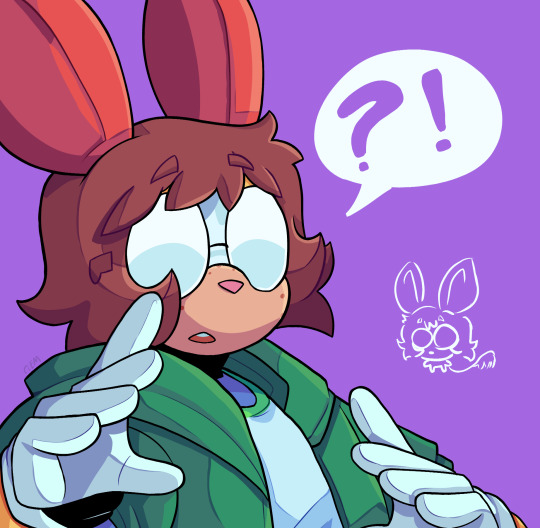
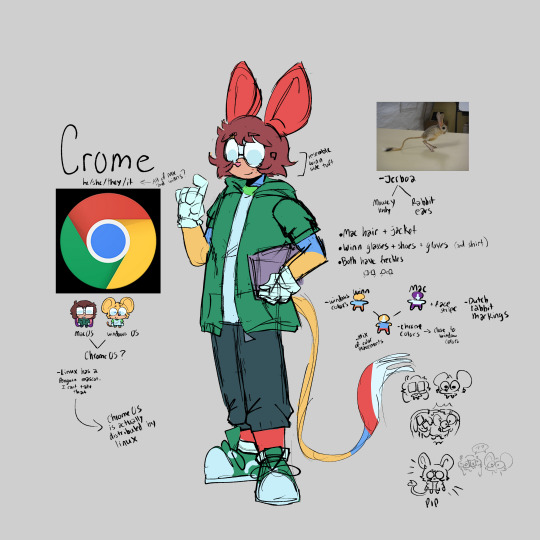
Winn + Mac fusion idea. lalala.
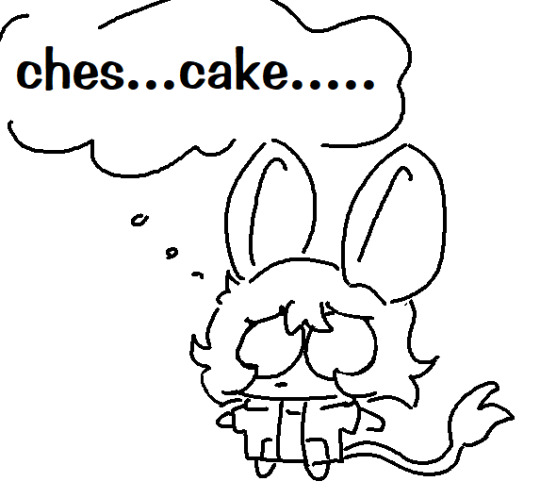
#clemart#uhm. yeah sure boss up#ttcc#toontown corporate clash#mac opsys#winn dos#<- technically#Crome#idk i got inspired by a lot of the cog fusions going around. a lot of my notes are in the second one#if you can read them. i rushed them bc i wasnt planning on sharing but some of my friends like them ++ i had a change of heart#i dont think ive seen a toon/toon fusion so heh.. you know what i had to do#actually ive had the idea for a little bit. i just needed a push of inspiration#i tried to make them a nice mix between the two but i fear they lean too heavily on one side or another..sighs and kicks rock#technically speaking i wouldve left their arms a solid blue or maybe a blue/white. but i feel like with the hair the yellow is#blocked out. so i thought doing half blue half yellow would be a bit more balancing#like winns (and macs to a degree) design i put the green on the clothing rather than the body#this is a little more colorful than what i think is possible but tch whatever. sniffles. gets scared#i think ive given up on trying to keep drawing toon species that are only in game. go my bugs and jerboas who cares anymore#i might remove the blue from the tail later..idk....
126 notes
·
View notes